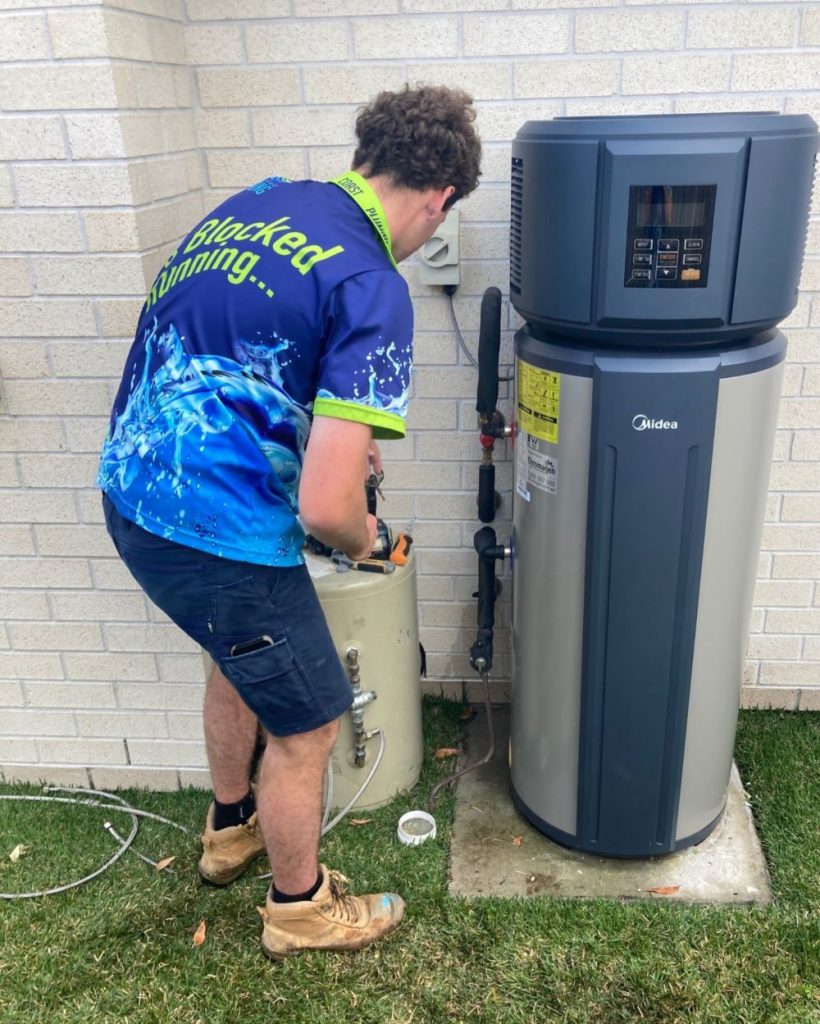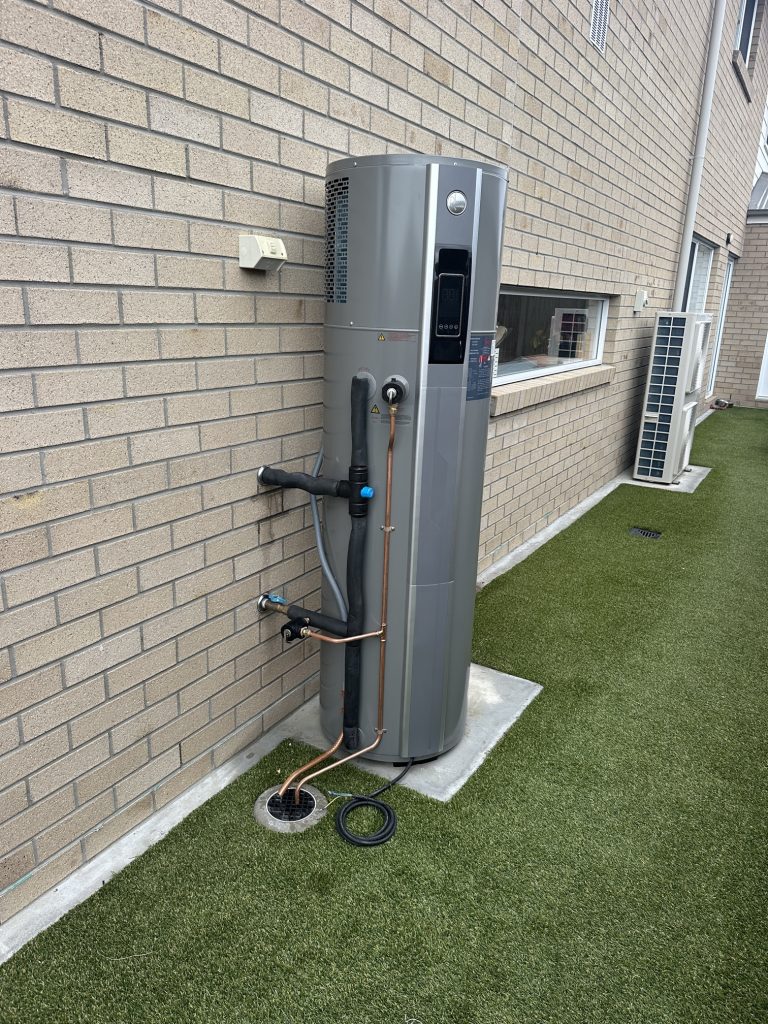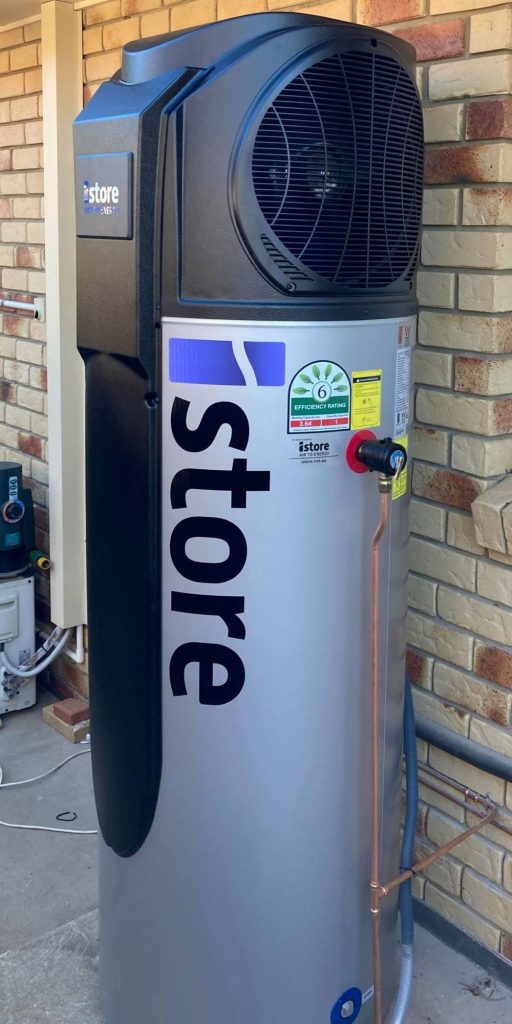Overcoming the Unique Challenges of Selecting Hot Water Systems for Queensland's Climate
When it comes to selecting the ideal hot water system for your home in Queensland, the decision goes far beyond just choosing a brand or considering the capacity of the system. It requires a deep understanding of how various elements such as the local climate, levels of humidity, electricity tariffs, and your household's specific water consumption patterns can significantly impact the overall efficiency and functionality of the system. In light of escalating energy costs, many households are opting for heat pumps due to their outstanding energy efficiency and sustainability. However, these systems may not be suitable for every type of property. It’s essential to assess all relevant factors to ensure optimal performance and longevity of your chosen hot water solution.
This article provides an in-depth exploration of the effective operation of heat pumps within Queensland’s variable weather, identifies which types of homes benefit the most from these innovative systems, and clarifies prevalent misconceptions that could result in subpar performance or misguided choices when selecting a hot water system.

Enhancing Heat Pump Efficiency in Coastal Queensland Settings
Heat pump water heaters function by drawing thermal energy from the surrounding air, and their efficiency tends to improve when air temperatures rise. In the coastal regions of Queensland, particularly in well-known areas like the Sunshine Coast, Brisbane, and the Fraser Coast, the average air temperatures generally remain above 5°C, even in winter. This consistent warmth allows heat pumps to operate efficiently throughout the year without the necessity for electric boosting or supplementary heating elements, which are often required in colder climates. By harnessing this natural energy, homeowners can enjoy reduced energy bills and a smaller carbon footprint.
Crucial Environmental Factors That Enhance Heat Pump Performance
| Factor | Impact on Heat Pump Functionality | Coastal QLD Efficiency |
|---|---|---|
| Average ambient temperature | Higher = more efficient operation | ✓ Consistently maintained above 5°C |
| Humidity levels | Moderate improvements | ✓ Generally high and stable |
| Access to off-peak electricity | Lower operational costs | ✓ Widely available in most regions |
| Roof shading | Not a significant factor | ✓ No detrimental impact on system |
| Direct sunlight exposure | Not a necessity | ✓ Functions well in shaded conditions |
Identifying Scenarios Where Heat Pumps May Underperform
While heat pumps offer numerous advantages, there are specific circumstances in Queensland that may hinder their performance:
- Inland or elevated areas
In regions like Toowoomba or the Hinterland, nighttime temperatures can drop significantly during winter. In these cases, certain heat pump models may struggle to operate efficiently without the support of a booster element, which could lead to increased energy consumption and higher costs. - Constrained or poorly ventilated outdoor environments
Heat pumps require adequate airflow around their compressor units to function effectively. In cramped or enclosed settings, the efficiency of heat extraction can diminish, and operational noise levels may rise, potentially causing disturbances for residents. - Large households with high water consumption
For homes accommodating more than six people, systems that offer greater water storage or faster recovery times, like solar-boosted gas systems, may be more effective in meeting substantial hot water demands efficiently.
Dispelling Common Misconceptions About Heat Pumps in Queensland
“They become ineffective during winter.”
This notion might hold true for colder southern regions, but it is not a valid concern in Queensland. In areas where average temperatures consistently exceed 5°C, heat pumps retain their operational efficiency throughout winter, providing reliable hot water solutions even in the cooler months.
“Solar panels are essential for heat pumps to operate.”
This claim is misleading. Heat pumps can function independently of solar photovoltaic (PV) systems, though pairing them with solar energy can further enhance your energy savings and sustainability efforts.
“Heat pumps are excessively noisy and disruptive.”
Modern heat pump systems are designed to operate much more quietly than older models. When installed correctly in well-ventilated areas, the noise emitted from the compressor unit is generally minimal, allowing for comfortable living conditions.
Effective Strategies for Optimizing Heat Pump Installation and Performance in Queensland
- Select a system designed for Australian conditions
Opt for models that offer high-efficiency ratings and robust local support, such as istore or Stiebel Eltron, which are renowned for their performance in the Australian climate. - Install in a well-ventilated yet shaded location
While heat pumps do not require direct sunlight, they need sufficient airflow around the unit to operate efficiently and effectively. - Utilize timers or smart controls
Programming the system to work during solar power generation periods or off-peak electricity times can significantly improve energy savings and minimize costs. - Properly size your system
A capacity of 250–300 litres is generally adequate for most families. An undersized system may lead to performance issues and increased reliance on boosting mechanisms, resulting in higher energy usage.
The Essential Contribution of Local Expertise to Successful Heat Pump Installation
The installation of a heat pump involves a tailored approach to achieve optimal results. The best outcomes are achieved by partnering with a local plumber who understands:
- How local climate conditions affect performance for maximum efficiency
- Eligibility for rebates such as Small-scale Technology Certificates (STCs) and various Queensland government incentives focused on promoting energy efficiency
- Optimal placement and ventilation strategies that enhance system performance
- Integration with solar PV systems or battery storage solutions, if relevant, to maximize overall energy efficiency
At Creek to Coast Plumbing, we specialize in delivering and installing high-performance hot water systems, including heat pumps, throughout the Sunshine Coast and Moreton Bay regions. Our dedicated team is ready to assist you in identifying which type of hot water service will best meet your needs. As the demand for energy-efficient hot water solutions continues to grow, many homeowners are comparing solar options with heat pumps. We will evaluate the specific conditions of your property, recommend the most suitable system, and ensure you are set up for maximum efficiency.
Discover more information about our Heat Pump Hot Water Installations or contact us for a tailored recommendation that meets your unique needs.
The Article: Heat Pumps in Queensland: Effective Solutions and Pitfalls first appeared on https://writebuff.com
The Article Heat Pumps in Queensland: Benefits and Challenges Explained Was Found On https://limitsofstrategy.com



